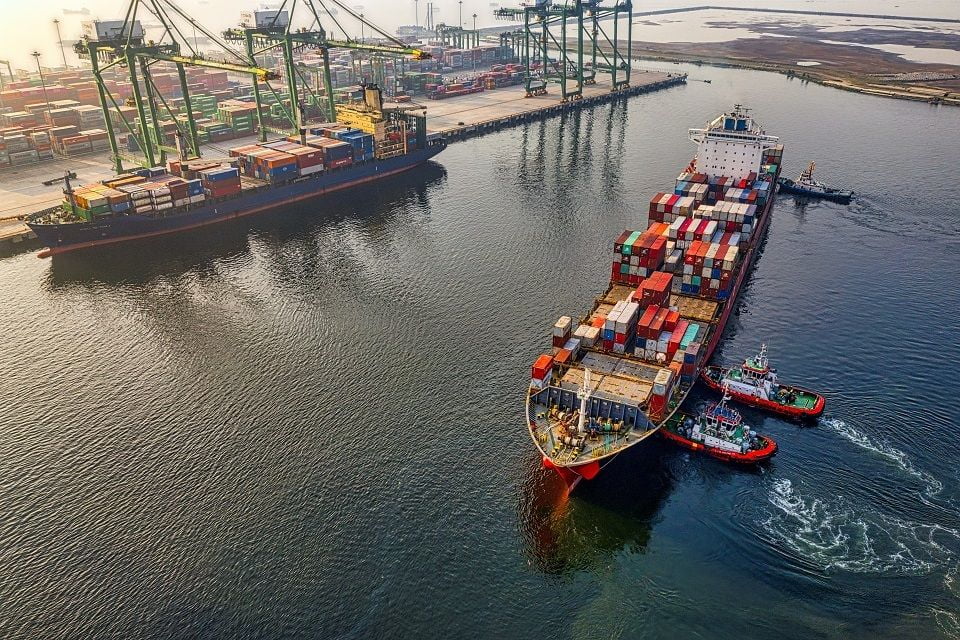Coface projected that strain on global supply chains from the effects of the Russia-Ukraine crisis and China‘s zero-COVID measures will likely remain.
Given the prominent role played by both Russia and Ukraine in global food and energy markets, the crisis poses a major risk to the supply of these raw materials.
Russia is the world’s second and third largest oil and gas producer, respectively.
Russia is also a major producer of strategic metals such as palladium, nickel and copper.
These metals are used in the automobile and aeronautical industries, while copper is important for the construction sector.
On the other hand, both countries are important exporters of agricultural commodities such as sunflower and safflower oil (combined 75% of world exports in 2019), wheat (29%), coarse grains (20%) and corn (19 percent).
Sanctions on Russian raw materials, including bans on the import of Russian crude and refined products by the United States, United Kingdom, Canada and Australia, as well as European Union (EU) restrictions on imports of Russian iron and steel, raised fears of a lower availability of these products, which has caused an increase in prices.
Supply chains
From Coface’s perspective, the financial sanctions imposed on a number of Russian banks and restrictions on access to US dollars could affect agricultural trade flows, while disruptions to trade routes have also raised concerns about the increase in of prices and delays in deliveries.
While China has moved from a strict zero-COVID strategy to a proactive approach to minimizing the negative impact on its economy, the negative effects stemming from measures implemented to contain outbreaks across the country remain.
The closures of Shenzhen and Shanghai in March and April have affected the operations of logistics and storage services on land, despite the fact that port operations continue to function.
Already this intensified the pressure on supply chains during the month of March.
The China Supplier Lead Time Index PMI fell to its lowest level in two years in March 2022, reflecting worsening delivery delays.
Similarly, the Logistics Prosperity Index (LPI) fell to its lowest level since February 2020, as the logistics sector was affected by the spread of the pandemic in multiple areas of the country, where differentiated measures of management of the pandemic disrupted inter-regional distribution and the ability to maintain a smooth flow.
![]()

